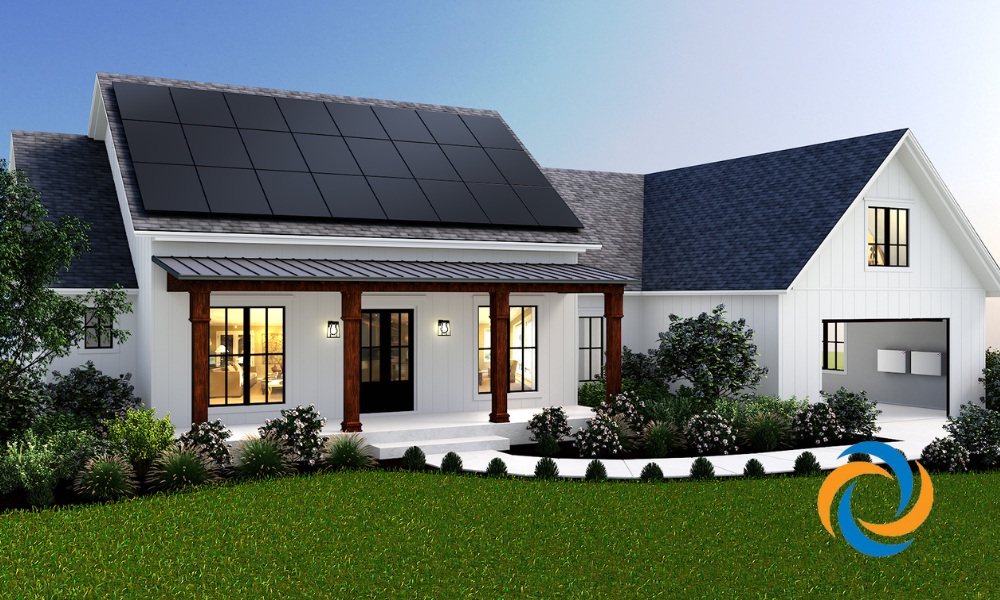A recent comprehensive study of the Pacific Northwest power grid has revealed concerning vulnerabilities that directly impact Washington homeowners. The analysis, conducted by regional utility companies and independent energy consultants, highlights growing challenges with grid reliability and the increasing importance of battery storage solutions for residential power security.
Washington’s power infrastructure faces mounting challenges. The region’s heavy dependence on hydroelectric power—once seen as a reliable and clean energy source—is becoming increasingly problematic. Shifting weather patterns and reduced snowpack are undermining its consistency, exposing the vulnerability of our energy system. Coupled with aging transmission infrastructure, these issues have contributed to a 40% increase in power outages over the past three years.
The study’s findings paint a clear picture of our grid’s future. Peak demand periods, particularly during extreme weather events, are straining the system beyond its designed capacity. Last winter’s ice storms left over 180,000 Washington residents without power, some for extended periods. These outages aren’t just inconvenient; they’re costly and potentially dangerous.
Our experience as an employee-owned company serving Washington communities has given us firsthand insight into these challenges. We’ve witnessed the transformation of battery storage from a luxury add-on to an essential component of home energy systems.
The economics of battery storage have shifted dramatically in Washington. While the upfront cost of batteries remains significant, the combination of federal tax credits, state incentives, and avoided outage costs creates a compelling financial case. Some Washington residents report average savings of $1,200 annually when factoring in prevented food spoilage, hotel stays, and other outage-related expenses.
Weather patterns in Washington make battery storage particularly valuable. Unlike sunnier regions where solar production is more consistent, our variable weather means energy storage can significantly impact system effectiveness. Batteries allow homeowners to store energy produced during sunny periods for use during cloudy days or nighttime hours.
The integration of smart technology has revolutionized battery storage systems. Modern installations include sophisticated energy management systems that automatically optimize power usage based on production, consumption, and utility rates. This intelligence means homeowners can maximize their energy independence while minimizing costs.
Looking ahead, grid reliability concerns are expected to increase. Utility companies project significant rate increases to fund necessary infrastructure improvements, with some estimates suggesting 15-20% rate hikes over the next three years. Battery storage offers protection against these rising costs while providing essential backup power security.
Our employee-owners take pride in designing systems that address Washington’s unique energy challenges. We’ve seen how properly sized battery systems can transform a home’s energy security, providing peace of mind during outages. The satisfaction of our customers during recent power disruptions confirms the value of this approach.
Climate change projections for the Pacific Northwest suggest more extreme weather events in our future. Increased frequency of ice storms, heat waves, and windstorms will likely put additional strain on our power grid. Battery storage represents a proactive solution to these challenges, allowing homeowners to maintain comfort and security regardless of grid conditions.
Want to learn how battery storage can protect your home while reducing energy costs? Contact Sunergy Systems for a comprehensive consultation. Our employee-owners will help you design the perfect solution for your home’s needs.









